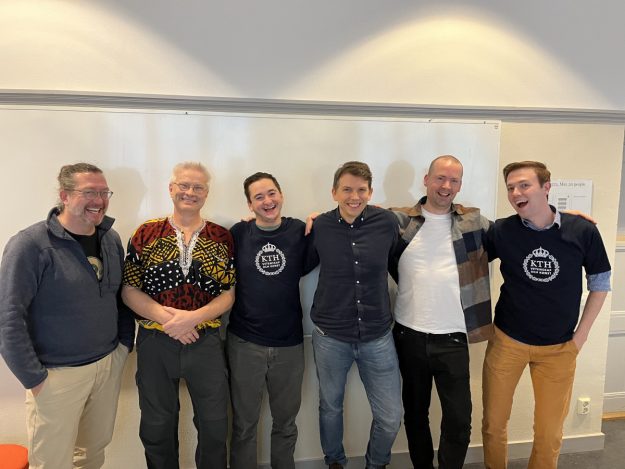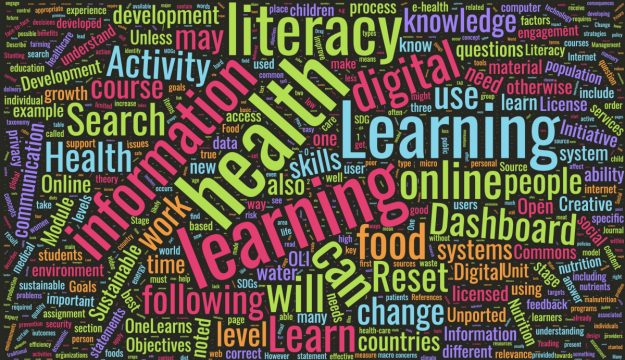 On October 26-28, 2022, Carnegie Mellon University and KTH successfully held a joint 3-day Workshop on efficient and effective data-driven learning and teaching. There were 30 attendees, mostly from KTH, but also from two companies (NE and ImgPlay) as well as representatives from Uppsala and Mälardalen University. The workshop was structured with an Introduction to question-based learning block in the mornings and Advanced Topics in the afternoon, with Office Hours for the Intro group running simultaneously. The workshop had a focus on hands-on activities and included lecture components as well. The event was sponsored by STINT and IMG Play.
On October 26-28, 2022, Carnegie Mellon University and KTH successfully held a joint 3-day Workshop on efficient and effective data-driven learning and teaching. There were 30 attendees, mostly from KTH, but also from two companies (NE and ImgPlay) as well as representatives from Uppsala and Mälardalen University. The workshop was structured with an Introduction to question-based learning block in the mornings and Advanced Topics in the afternoon, with Office Hours for the Intro group running simultaneously. The workshop had a focus on hands-on activities and included lecture components as well. The event was sponsored by STINT and IMG Play.
Abstract
Sustainable education does not yet have a widely accepted definition in the literature. In this work, we start from the Sustainable Development Goal of Quality Education for All (SDG4) and interpret sustainable education as increasing the quality of learning whilst conserving the resources required to produce and deliver it. From this interpretation, we argue that one path towards realising sustainable education is through the identification of teaching practices that satisfy these conditions of increased quality whilst conserving resources. We present an overview of four case studies, where the conditions for sustainable education are demonstrated through the effective use of people, processes and technologies. Each case represents an intervention that was made to improve the quality of education within an intensive three-month project, which trained immigrants to be employable in the IT industry as junior software developers. Whilst the interventions are independent and unique, they are connected by the themes of quality improvement and resource conservation. In isolation, each specific case produced improvements for both teachers and students; however, it is by combining such approaches that we can start to realise the path towards sustainable education that will help lead to a better quality of education for all. The findings of this work suggest that quality education does not come at the cost of increased resource demands; rather, approaches exist that can be considered to satisfy the conditions for sustainable education.
Open access at
https://www.mdpi.com/journal/sustainability/special_issues/sustainable_technology_enhanced_education
More information and links to the application can be found at kth.se/onelearns

Are you already involved in Learning Analytics or want to find out how the new big data era can support your teaching or research activities? Maybe you are skeptical about the current state of Learning Analytics and whether it actually leads to improved learning outcomes? Is it already deployed widely, and used ethically?
Join our free webinar on 21/11 at 10 am to find out and to discover success stories as well as hands-on techniques for data-based improvements of learning material such as used at Stanford Graduate School of Education and Carnegie Mellon University.
https://ise.innoenergy.com/course/innoenergy-free-webinars-learning-analytics/info
